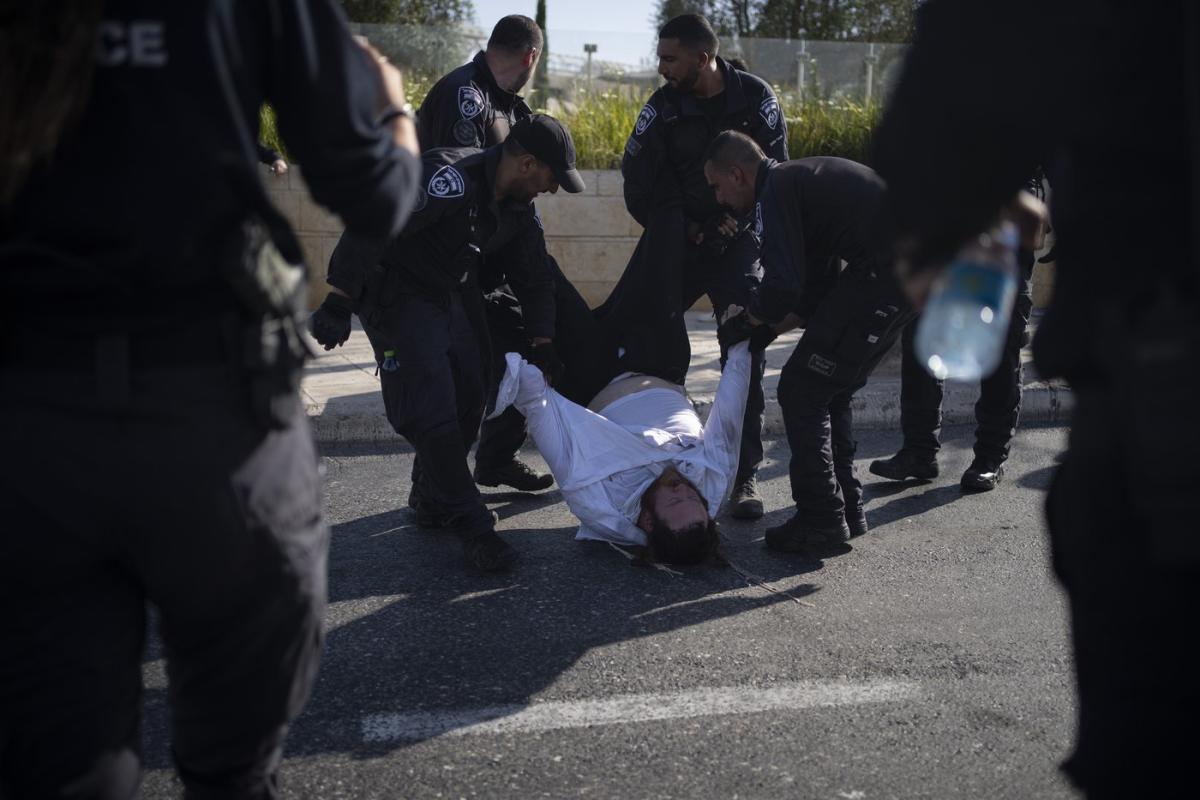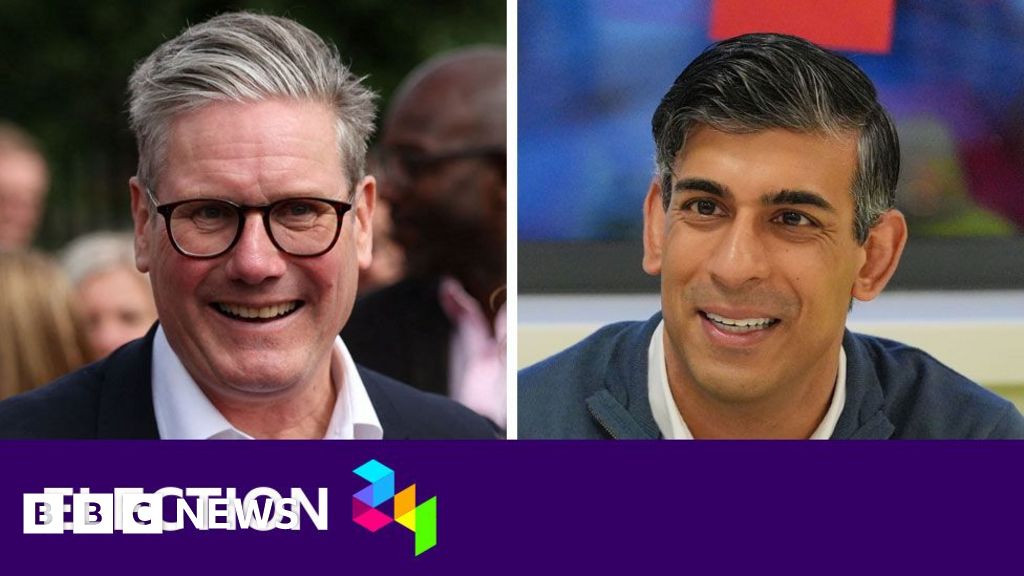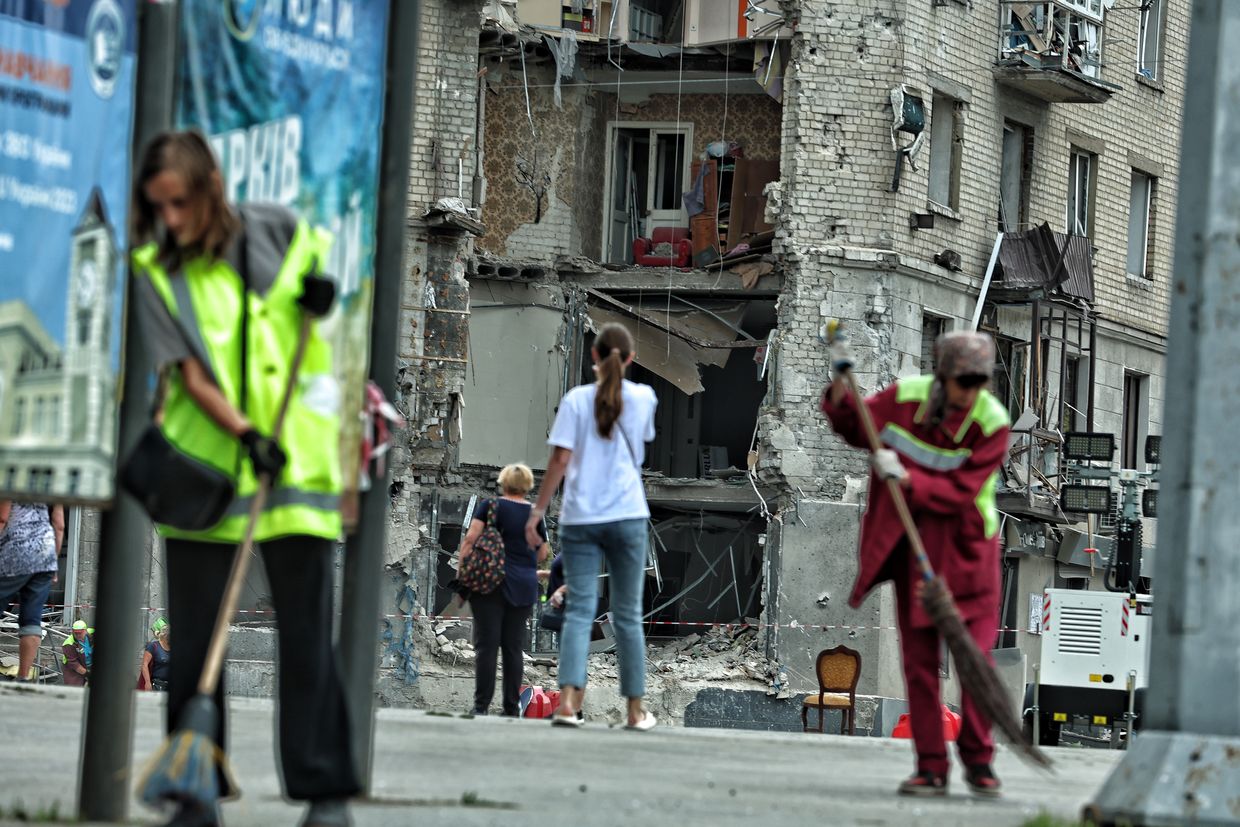Israel’s army must include the ultra-Orthodox. What does this mean for Netanyahu and the war?

JERUSALEM (AP) — Israel’s Supreme Court has unanimously ordered the government to begin drafting ultra-Orthodox Jewish men into the army, a landmark ruling that seeks to end a system that allows ultra-Orthodox Jews to evade military service.
About 1.3 million ultra-Orthodox Jews make up about 13 percent of Israel’s population and oppose conscription because they consider full-time study in religious seminaries to be their most important duty.
An exemption for ultra-Orthodox Jews dates back to Israel’s founding in 1948, when a small number of gifted scholars were exempt from military service. But under pressure from politically powerful religious parties, those numbers have grown over the decades. The court declared the exemptions illegal in 2017, but repeated extensions and government delaying tactics have prevented the passage of a replacement law.
Two Haredim (Hebrew for “God-fearing”) parties are important parts of Prime Minister Benjamin Netanyahu’s fragile coalition. However, the extensive exemptions from conscription have reopened a deep divide in the country and infuriated large parts of the population during the war in Gaza. Since the Hamas attack on October 7, over 600 soldiers have been killed. Many reservists are beginning their second service.
What does the ruling mean for Netanyahu’s government?
Netanyahu’s coalition has a narrow majority of 64 seats in the 120-member parliament, often forcing him to give in to the demands of smaller parties such as the ultra-Orthodox.
If these parties leave the government, new elections would probably be necessary in the autumn. Netanyahu’s popularity is low, while the war in the Gaza Strip is already in its ninth month.
Housing Minister Yitzhak Goldknopf is the leader of one of the ultra-Orthodox parties in Netanyahu’s coalition. In a post on X, Goldknopf called the Supreme Court ruling “very regrettable and disappointing,” but did not say whether his party would leave the government. The leader of the ultra-Orthodox Shas party, Aryeh Deri, condemned the ruling and said the study of religion was “our secret weapon against all enemies.”
The court this year froze state subsidies to seminaries that teach ultra-Orthodox men who are exempt from priestly duties. Along with the admission decision, the court also ruled on Tuesday that these funds should be cut off permanently.
Many religious seminaries rely on state funding and “it is widely believed that the government will not survive this crisis,” says Barak Medina, a law professor at the Hebrew University of Jerusalem and an expert in constitutional law.
How did the courts decide?
Military service is compulsory for most Jewish men and women, who serve three and two years of active service respectively, and are then in the reserves until they are about 40 years old.
Israel’s Supreme Court ruled that conscription applies to ultra-Orthodox Jews just like it does to all other Israelis. The judges said that allowing a particular community a “blanket exemption from conscription” would amount to discrimination.
“Discrimination against the most precious thing of all – life itself – is the worst kind of discrimination,” the judges wrote in their opinion.
In 2017, the Supreme Court struck down a law that codified military draft exemptions. Repeated extensions of the law and government tactics to delay a replacement law dragged on for years.
The Israeli judiciary plays a major role in checking the government’s executive branch. Netanyahu attempted to reform the judiciary last year, sparking massive protests across the country before much of the reforms were reversed.
When will this come into effect?
It will be a challenge for the army to integrate a large number of ultra-Orthodox Jews, who are deeply opposed to military service, into its ranks.
Among Israel’s Jewish majority, conscription is widely seen as a crucible and a rite of passage. The ultra-Orthodox say that integration into the army would threaten their centuries-old way of life and that their pious lifestyle and devotion to Jewish commandments would protect Israel as much as a strong army.
The courts did not specify a number of conscriptions in their ruling, but the Israeli Attorney General’s Office estimated that at least 3,000 ultra-Orthodox soldiers would enlist next year. The court stated in its ruling that about 63,000 ultra-Orthodox students could be conscripted.
For decades, the army has tried to accommodate ultra-Orthodox soldiers by forming separate units that allow them to continue practicing their religion, including minimizing contact with women. One of the units created for this purpose, Netzah Yehudah, faced possible U.S. sanctions over its treatment of Palestinians, though the U.S. ultimately decided against sanctions.
What impact will this have on the war in Gaza?
The ruling will have little immediate impact on the war in Gaza, where more than 37,600 Palestinians have been killed, according to the territory’s Health Ministry, which does not distinguish between fighters and civilians. The number of ultra-Orthodox who might enlist as a result of the ruling is too small to have a significant impact on daily fighting.
Law professor Medina said if the ruling topples the government, it could give Netanyahu more room to reach an agreement on a ceasefire that could end the war in Gaza.
“One of the main reasons he cannot reach an agreement to end the war at this point is that it would mean the end of his coalition,” Medina said.
If the ultra-Orthodox parties leave the coalition, Netanyahu has “nothing to lose,” he said. And that could lead to a change in policy without the pressure of far-right ministers who are against any kind of ceasefire. Netanyahu will also be under great pressure to end the fighting if new elections are called, to avoid the elections taking place without hostages and during the war, Medina said.
___
Follow AP’s coverage of the war at https://apnews.com/hub/israel-hamas-war.
Melanie Lidman, Associated Press



